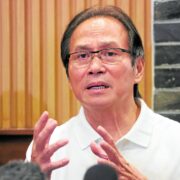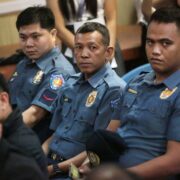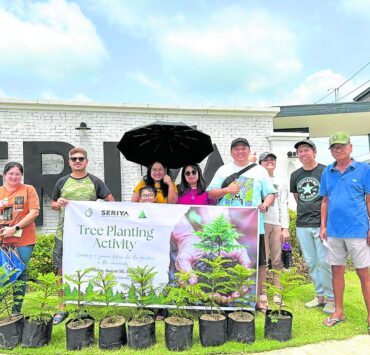Environments of trust
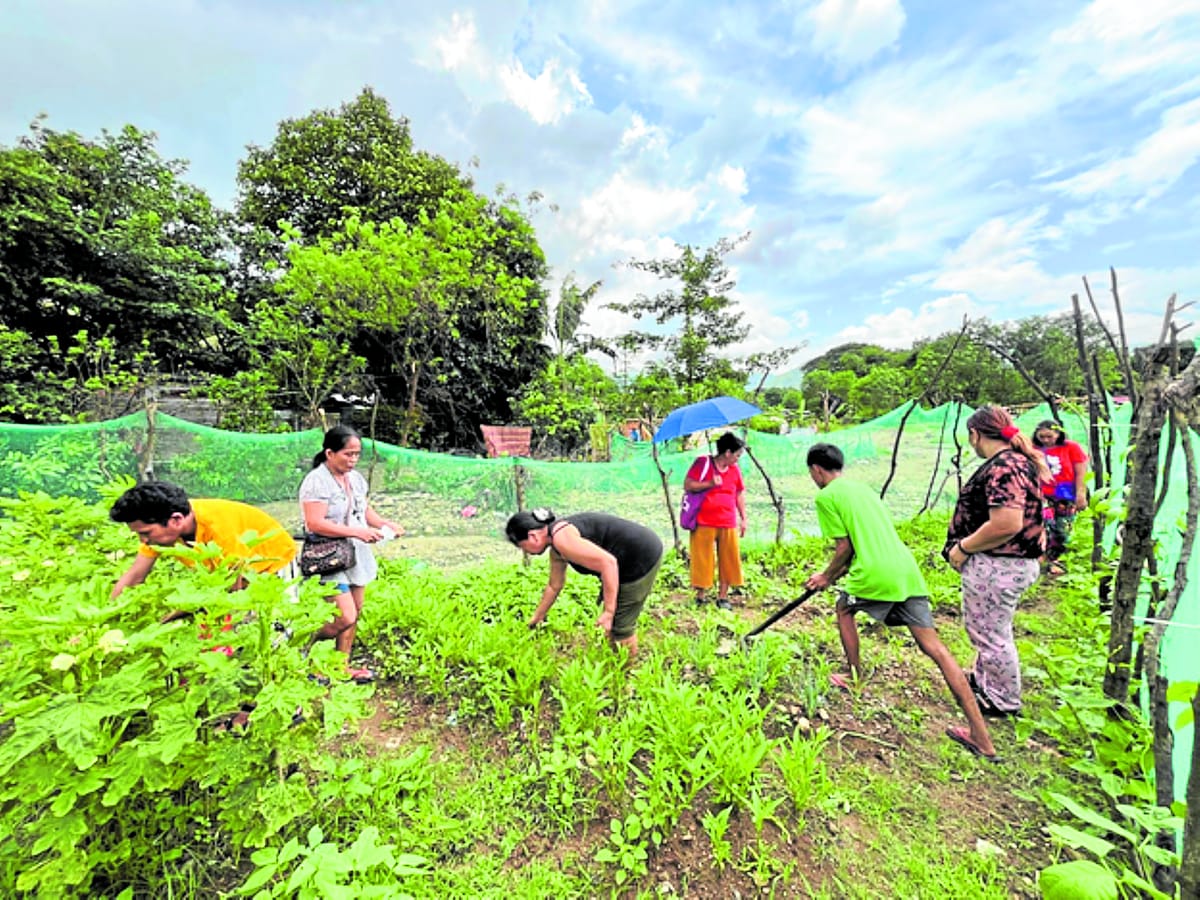
Has the world become a less trusting place? In our increasingly polarized and fragmented society, there are sufficient reasons to believe so.
We have insulated ourselves in exclusive schools and exclusive villages with multiple levels of security. We are skeptical of government and people outside our families and immediate circle.
A first-time visitor to the Philippines may wonder why our malls have x-ray security and fully armed guards, or why homes within our gated villages have high fences, grilled windows, electronic security systems, or why our urban areas have a preponderance of yellow and black markings (the universal signal of danger found in many poisonous animals).
Cautious measures
The cautious measures we take to address our safety anxiety and mistrust are not unfounded.
On one hand, these provide a level of protection, but on the other, they signal that the places we create are inherently within unsafe environments. At worst, they reinforce exclusion and segregation, highlighting a deep divide between those privileged to be within the secured fences and those kept outside of it, breeding further mistrust on both sides.
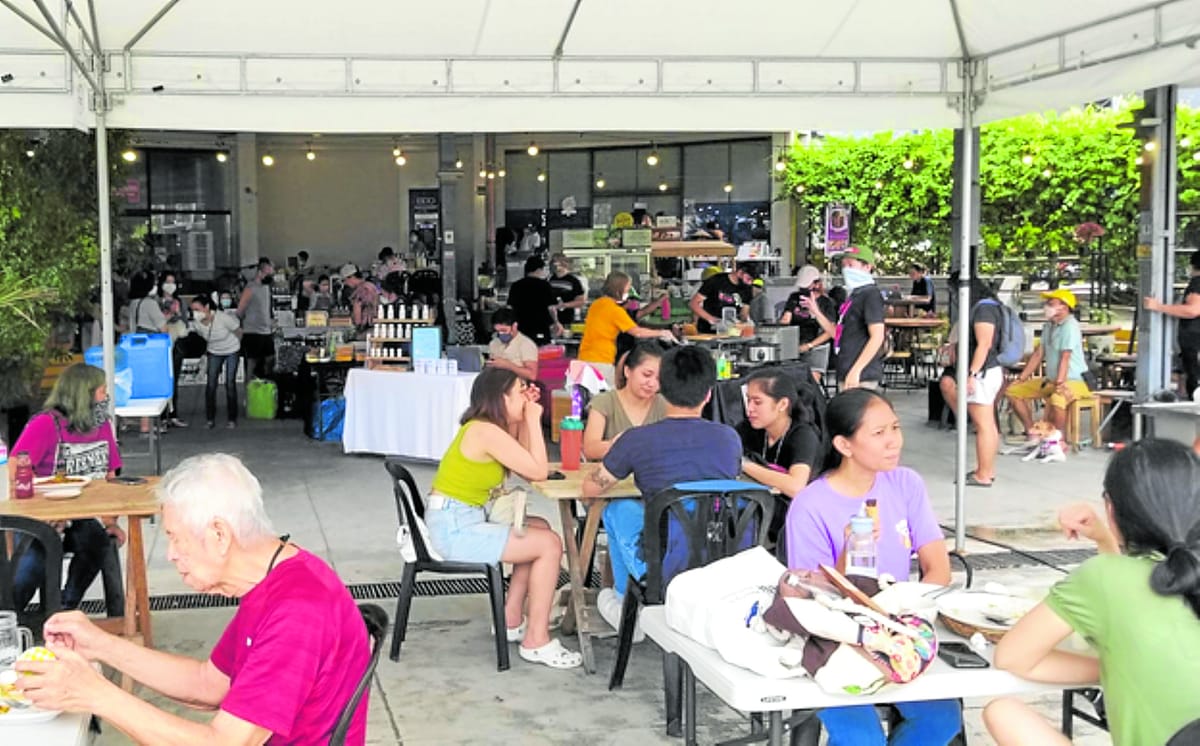
Painful may it be to admit, we have long been a nation of low social trust and feeble unity. Perhaps, the geographical fragmentation of our archipelago deterred the development of a homogenous society that would have made cooperation easier and trusting others more natural. Perhaps, the centuries of colonization followed by our history of abusive political rule have deeply etched in our collective psyche a skepticism towards others and a value for insularity.
But this low level of trust remains pronounced even in our modern culture and pervades in various levels of social interaction: employers are less trusting of their employees (and vice versa), the public is less trusting of their government officials, and so on.
Low social trust
The World Values Survey ranks the Philippines, as among the countries with the lowest levels of social and interpersonal trust.
While majority of Filipinos trust their families or people they personally know (particularized trust), only 3 percent of Filipinos claim that “most people can be trusted” (generalized trust). Another way of putting it is that many Filipinos perceive that other people are out to take advantage of them.
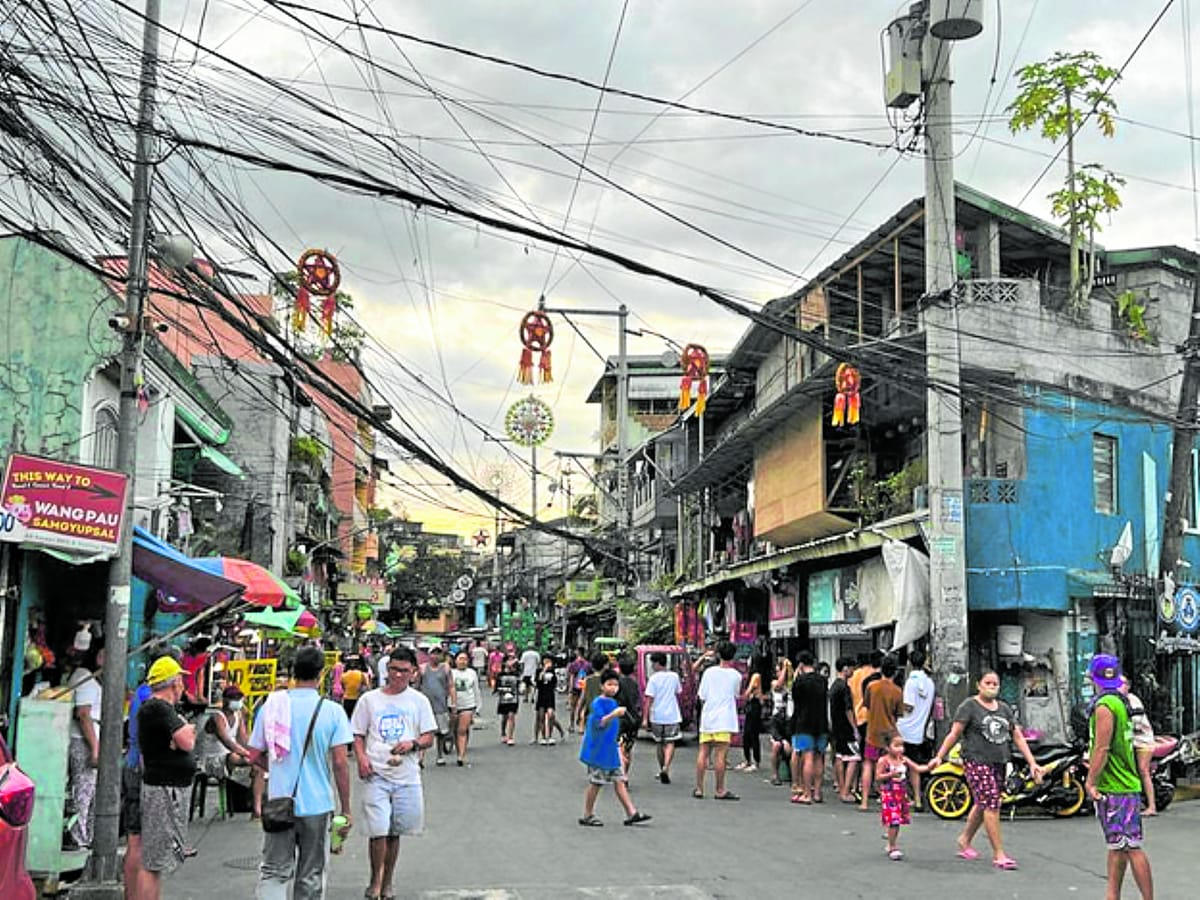
The root of our collective sense of mistrust is complex. It is easier to pinpoint its outcomes—low levels of trust result in low levels of cooperation, risk aversion, diminished confidence in others, our institutions, or in the future. For some experts, our culture of mistrust is one of the reasons why our country remains poor.
Trust and prosperity
The correlation between trust and economic success has been long studied.
Countries characterized by high trust regimes are also among those with the highest per capita GDP. The reason is intuitive: high trust leads to economic cooperation, which leads to prosperity, and which further enhances trust in a virtuous circle.
Conversely, low trust leads to low cooperation, leading to poverty, which will further erode trust. A low-trust regime is a poverty trap.
American political scientist Francis Fukuyama has investigated why certain cultures have evolved high levels of social trust while others seem trapped in low-trust regimes.
One of his conclusions is somewhat paradoxical: that societies with strong “family values” may have a difficult time evolving broader forms of social trust. He argues that family-centric cultures, while having deep bonds of trust within families, tend to have narrower radii of trust outside families. In these cultures, economic networks are usually based on kin relationships, which naturally limit the scale to which the networks can grow.
How do we emerge from this multi-generational malaise of a low-trust culture that has held us back from progress? One can just speculate how more investments, more business innovation, and more economic activity would result if the Philippines cultivated a more trusting culture.
Is there a way to regain a sense of trust and engender more inclusivity to foster more cooperation and attain a more progressive culture? It will have to start with reform in our public institutions, our educational systems, our workplaces, and the organizations we are part of.
Trust, after all, needs to be earned and cultivated. Ultimately, the sense of trust must be reflected in our physical realm as well.
Inclusive urban spaces
Trust can be evoked in the public realm. Open spaces and urban commons that are egalitarian, welcoming, and devoid of social segregation can build places of trust. Small elements such as benches in parks and malls, can signal trust.
Creating more shared spaces and facilities such as book sharing libraries, community kitchens, and community gardens can enable trust. Workplaces can build more trust by allowing work from home arrangements. Building infrastructure that can support wider segments of our population engenders trust—so does community participation in the planning of our cities.
Our physical realm is just a mirror of our social domain. The pandemic revealed many instances of solidarity and kindness that show how trust can be cultivated in our communities. Amid an environment that required isolation, some kind souls restored our faith in humanity.
If the worst of times can bring out the best in us, then the good in us can be expressed in the humdrum of daily life.
The author is a built environment professional and the founder and principal of JLPD, a master planning and design consultancy practice. Visit www.jlpdstudio.com
The author is a built environment professional and the founder and principal of JLPD, a master planning, architecture and property consultancy. www.jlpdstudio.com






